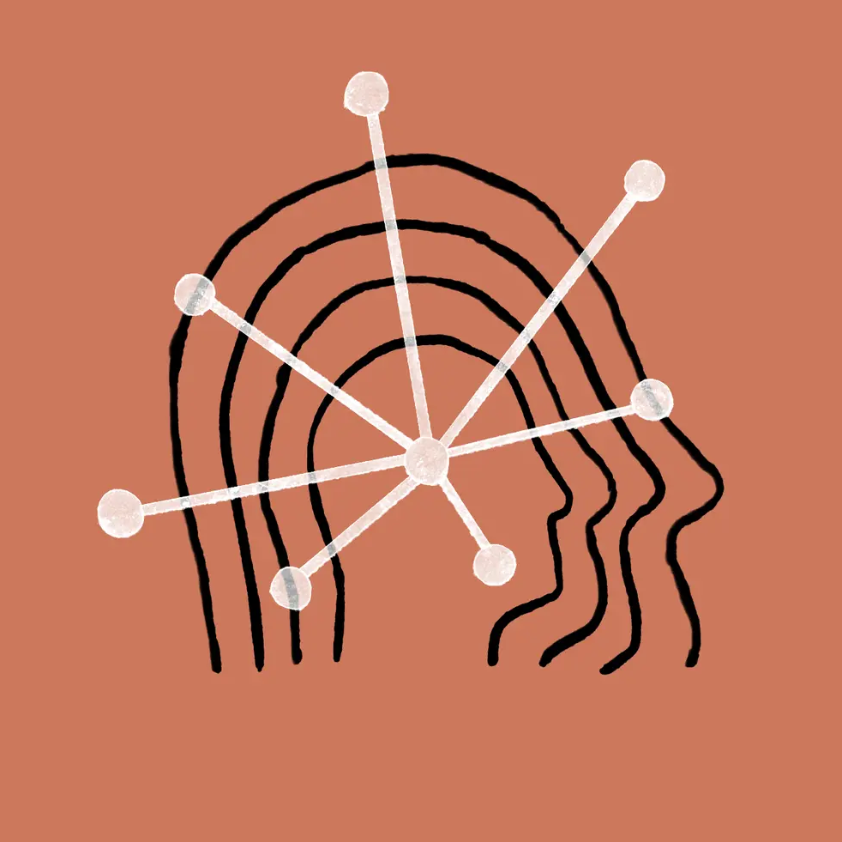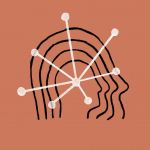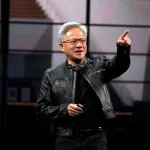Anthropic wins copyright lawsuit in AI field

Anthropic wins copyright lawsuit in AI field A California federal judge has dealt a serious blow to music publishers’ attempts to limit the use of song lyrics for artificial intelligence training. Judge Yumi Lee rejected a preliminary request to block Anthropic from using song lyrics owned by Universal Music Group and other music publishers to train the AI chatbot Claude.
In her decision, Judge Lee indicated that the publishers’ demands were “too broad,” and the plaintiffs failed to prove that Anthropic’s actions caused them “irreparable harm.” This decision could become a significant precedent in the evolving legal practice regarding the use of copyrighted materials for training artificial intelligence systems.
The litigation began in 2023, when music publishers UMG, Concord, and ABKCO filed a lawsuit against Anthropic, claiming that the company violated their copyrights on the lyrics of at least 500 songs. Among the affected artists are stars such as Beyoncé, The Rolling Stones, and The Beach Boys.
“The publishers are essentially asking the court to define the contours of a licensing market for AI training in a situation where the key question of fair use remains unresolved,” noted Judge Lee in her conclusion, rejecting the publishers’ argument that Anthropic’s actions damaged their licensing market.
An Anthropic representative expressed satisfaction that the court rejected the publishers’ “destructive and vague request.” In turn, the publishers stated that they “maintain confidence in their position in the case against Anthropic in the broader context.”
This case is one of several legal proceedings alleging that copyrighted works by authors, news publications, and artists were used without consent and payment for developing products with artificial intelligence. Technology giants, including OpenAI, Microsoft, and Meta Platforms, argue that their systems exercise “fair use” of protected materials according to US copyright law, studying them to create new, transformative content.
Judge Lee’s decision could significantly impact the future interaction between copyright holders and companies developing AI, although the question of fair use of materials for AI training still remains open and requires further legal regulation.





